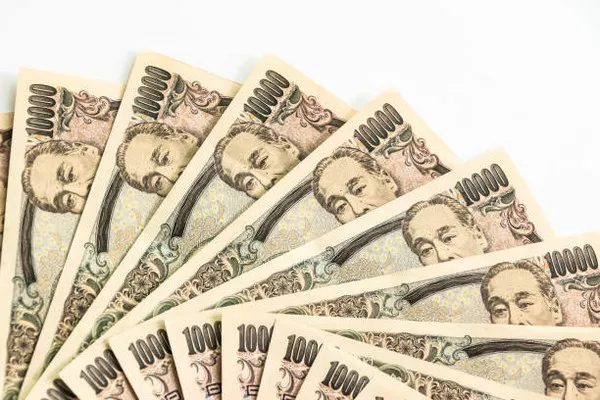Japan’s top currency diplomat, Masato Kanda, emphasized on Tuesday that Japan might need to take action against disorderly and speculative-driven foreign exchange movements, indicating Tokyo’s readiness to intervene to support the yen if necessary.
Kanda, who serves as Japan’s vice minister of finance for international affairs, expressed a preference for stable exchange rates aligned with economic fundamentals. He clarified that government intervention becomes necessary when market behavior deviates due to excessive speculation, disrupting the normal functioning of the market.
“We will continue to take a firm approach to maintain stability in the currency markets, as we have done in the past,” Kanda told reporters.
Recent suspicions suggest that Japan intervened last week on at least two occasions to bolster the yen after it depreciated to levels not seen in over three decades. Bank of Japan data indicates that authorities spent over 9 trillion yen ($58.4 billion) in defense of the currency, lifting the yen from a 34-year low to a one-month high against the dollar within a week.
Japan is estimated to have spent approximately $60 billion during previous interventions in September and October 2022 to support the yen.
Despite the yen’s decline of nearly 9% against the dollar this year, Kanda reiterated Japan’s reluctance to intervene frequently in the currency market due to limited dollar reserves. This caution is compounded by U.S. Treasury Secretary Janet Yellen’s stance that currency interventions should be rare.
Hideo Kumano, chief economist at Dai-ichi Life Research Institute, suggested that Kanda’s verbal warnings indicate an effort to stabilize the exchange rate around the lower 150 yen level against the dollar until mid-May, coinciding with the release of U.S. consumer price index data.
The weakening yen, beneficial for Japanese exporters, poses challenges for policymakers by increasing import costs, fueling inflation, and impacting household finances. Masakazu Tokura, chairman of the Keidanren business lobby, emphasized that a yen weaker than 150 against the dollar is excessive and speculative-induced currency fluctuations are undesirable.
Kanda also highlighted broader concerns among several countries, including Japan, about foreign exchange market volatility during meetings leading up to the ASEAN+3 finance ministers and central bank governors conference held in Tbilisi last week. The ASEAN+3 group includes the 10-member Association of Southeast Asian Nations (ASEAN), along with Japan, China, and South Korea.
“The current concerns are shared beyond Japan’s borders,” Kanda remarked.


